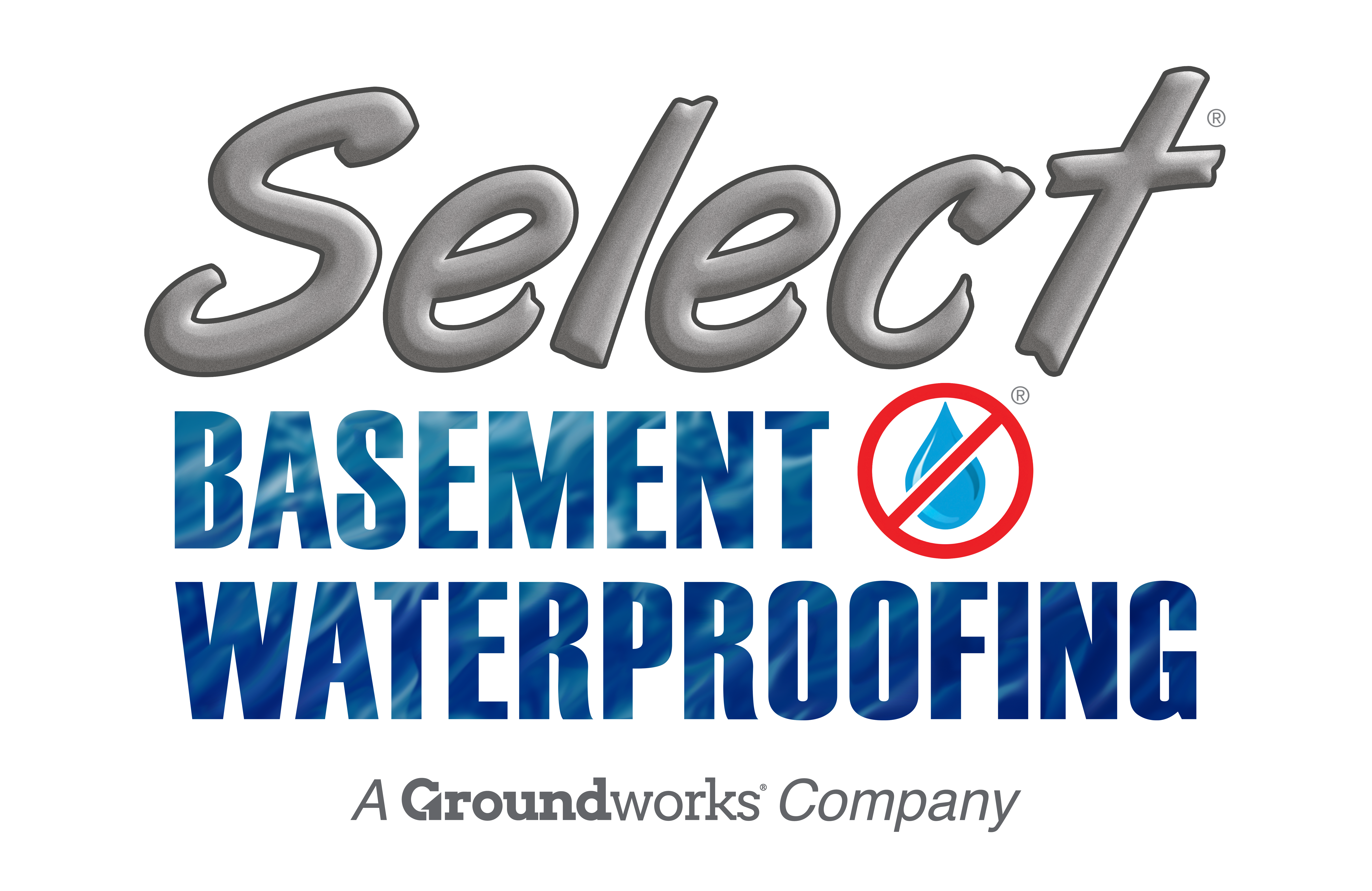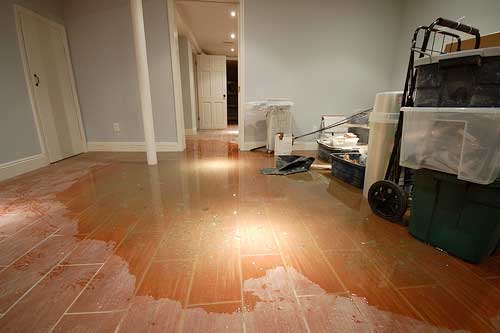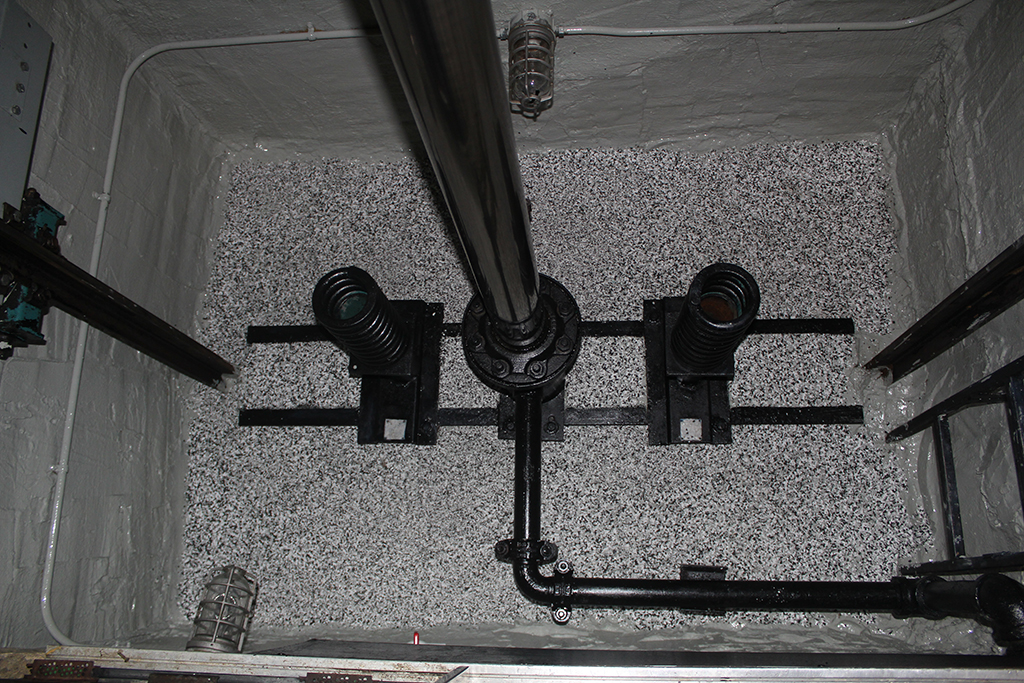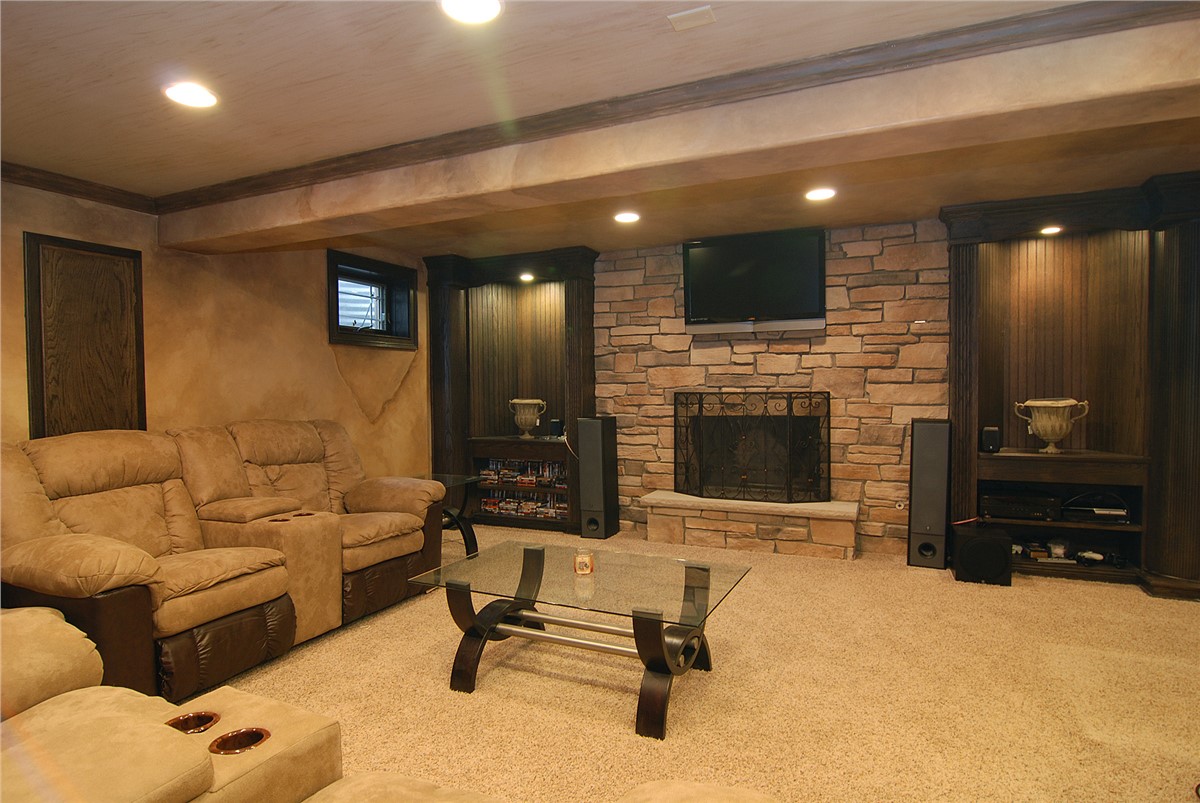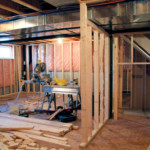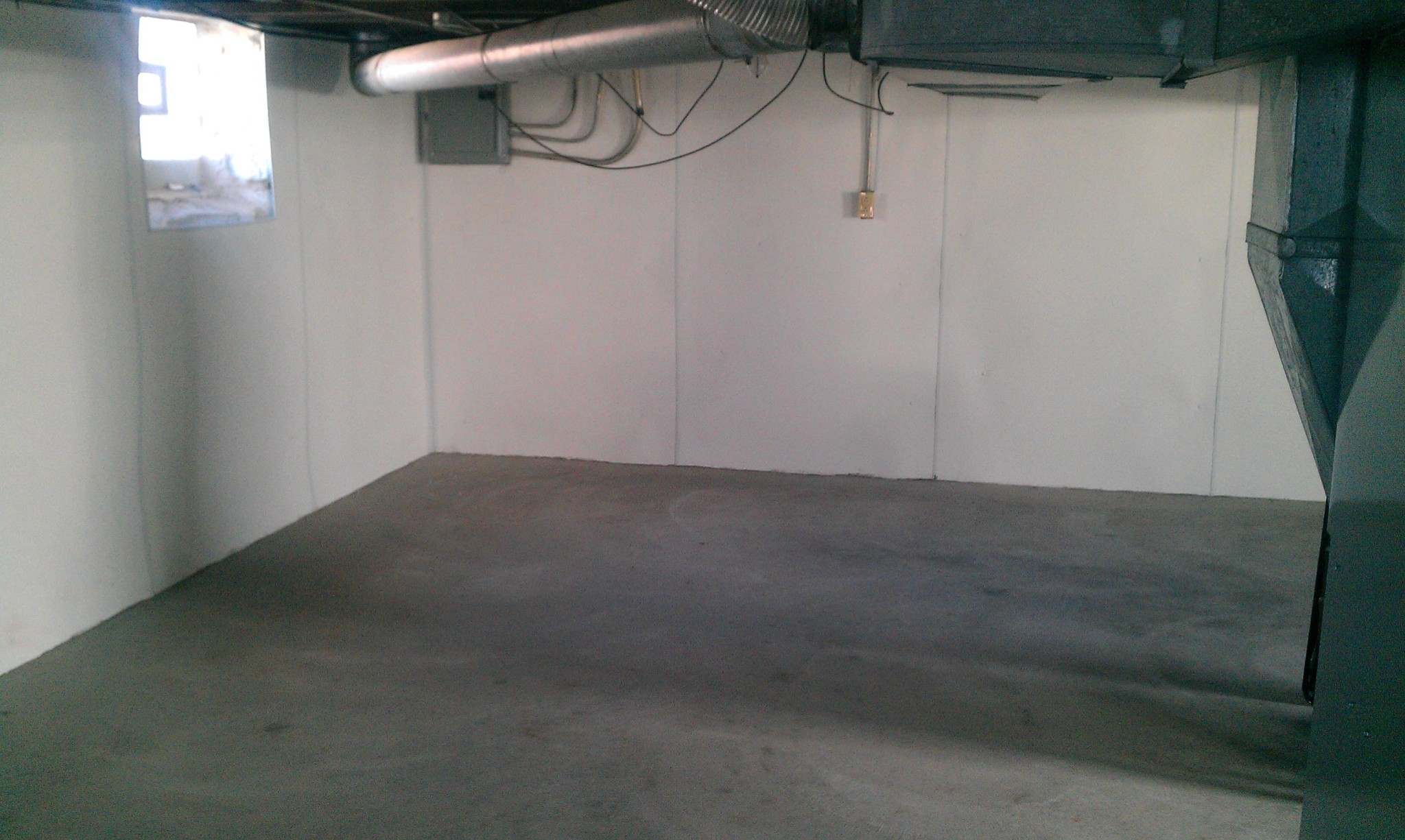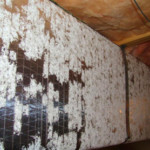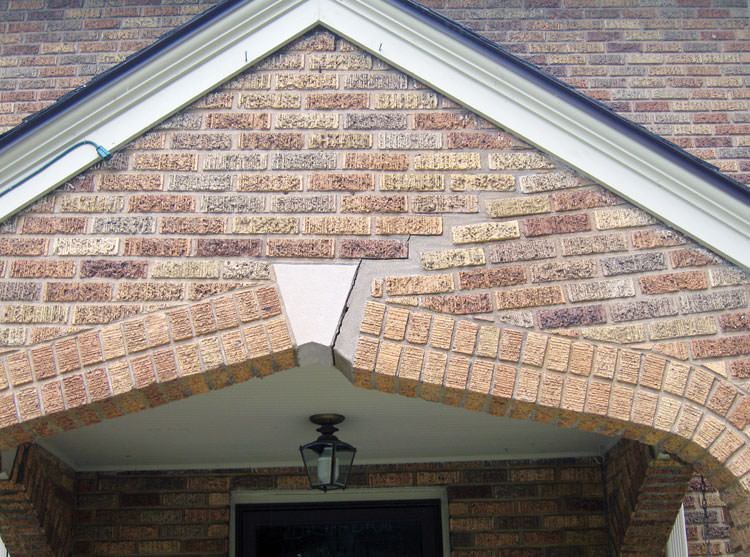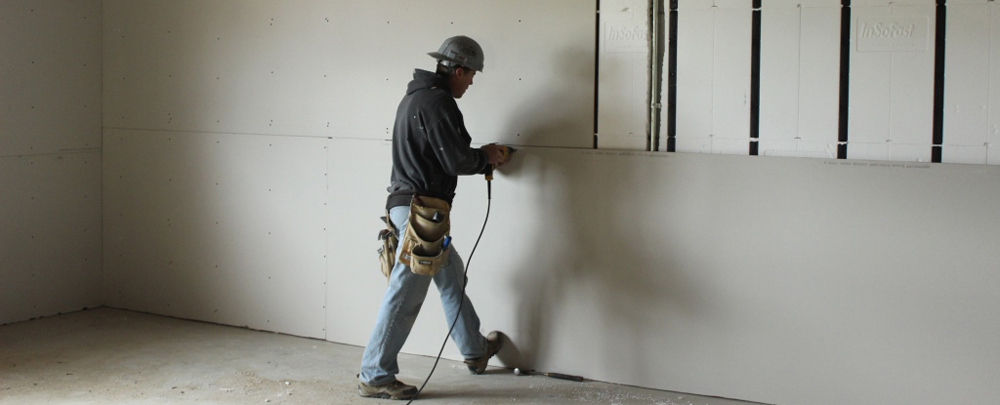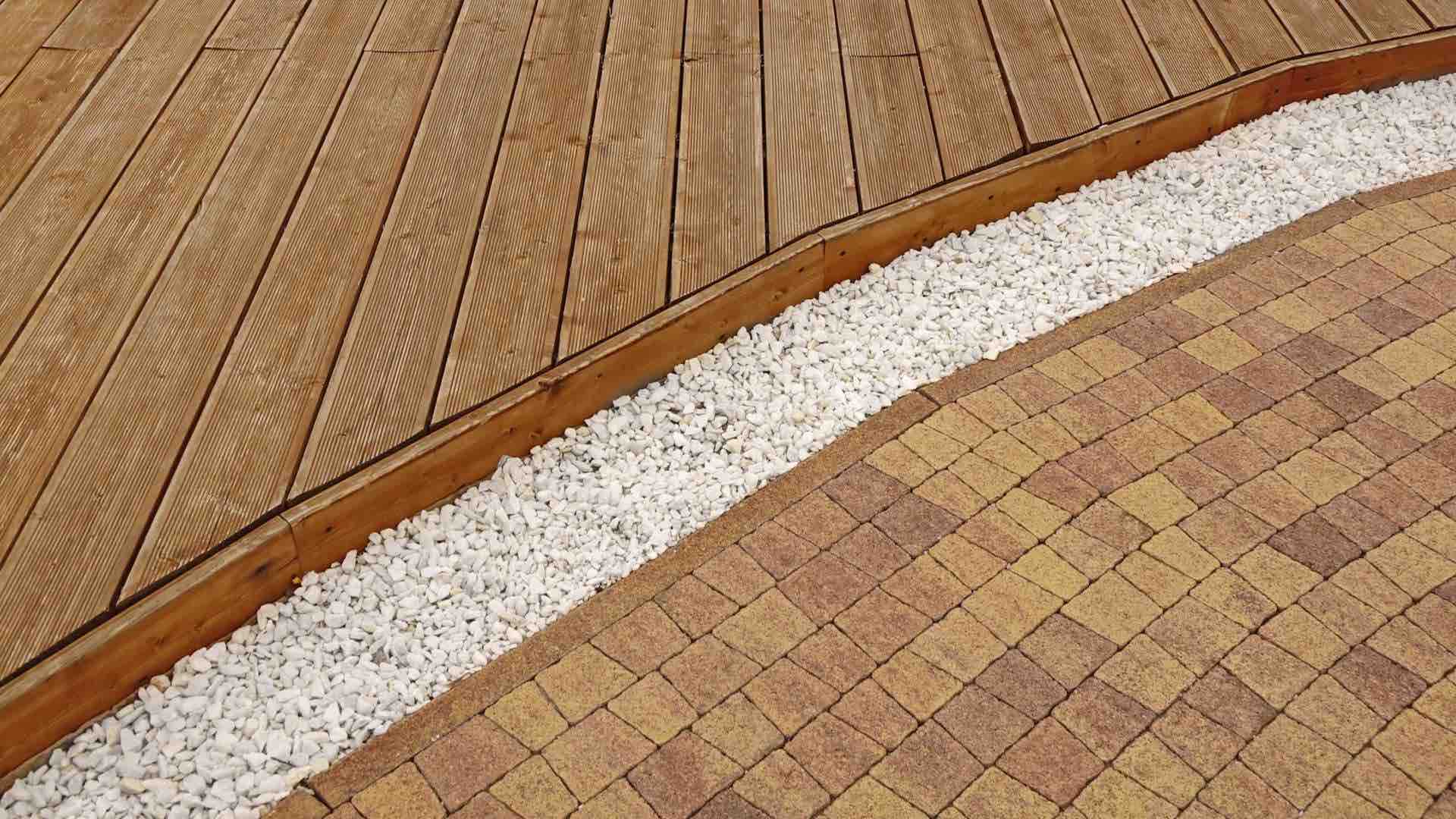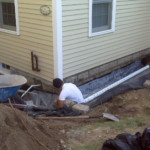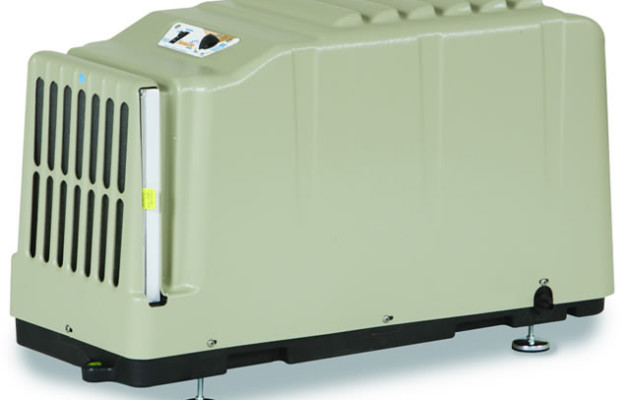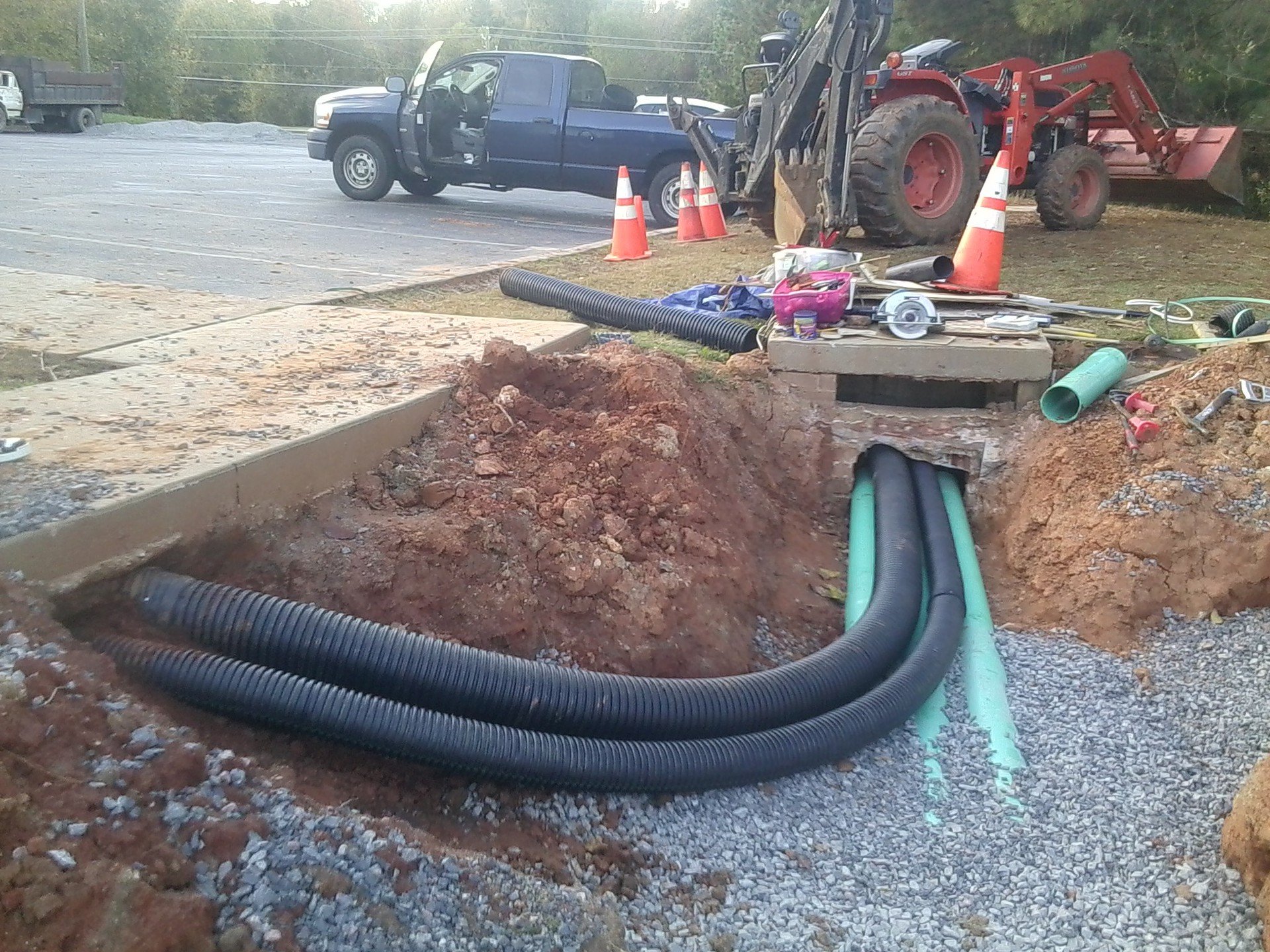Waterproofing Solutions
We at Select Basement Waterproofing understand do-it-yourselfers. You are self-reliant, like to figure out solutions to your own challenges, and have a wide range of skills that can get you through most of the problems homeowners routinely face. You like to have control over what work you do and how much you do it. We salute and respect those skills and the do-it-yourself ethic. After all, this country was primarily founded by DIYers. However, there comes a time for every (sane) DIYer to call in the experts. Even George Washington had to hire someone to train the Continental Army.
Finding yourself ankle-deep in water in your basement is the most tempting time to engage your DIY drive and try to fix the problem yourself. Don’t do it! There are a whole range of waterproofing solutions you could, in theory, research on the Internet. You could then buy all the tools and materials you think you need to plug the leak. The problem comes when you get halfway through the project and realize there’s more to the leak than just the water trickling in under the carpet. That’s when the sinking feeling every DIYer dreads kicks in: you’re in way over your head, and the drywall is beginning to mold and buckle.
Call in a Professional
The time to call in the experts is before you give in to your DIY temptation. When you contact us, we will send an expert to appraise your individual basement and assess the possible causes of your flooding problem. We will educate you about your options and help you decide which of our many systems will achieve the best value for your hard-earned dollar, and you retain full control over which system our trained, licensed and bonded expert contractors install. Best of all, the initial estimate is free of charge and obligation. Don’t worry, there will still be plenty for you to dig into. You just won’t have to do it with wet feet.
